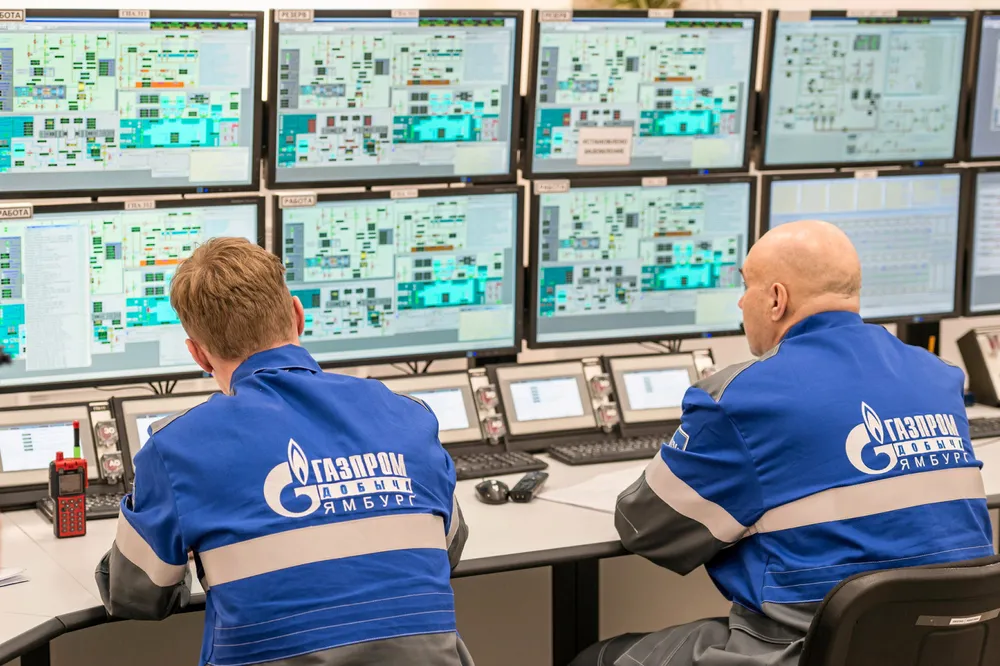Gazprom units to ease Covid-19 restrictions amid 'herd immunity' claims
Russian gas monopoly embraces a disputed notion of herd immunity to justify decisions that will reduce protection against coronavirus

Russian gas monopoly embraces a disputed notion of herd immunity to justify decisions that will reduce protection against coronavirus
